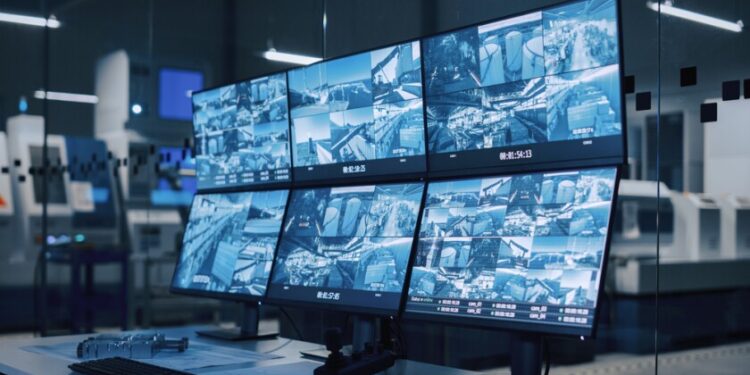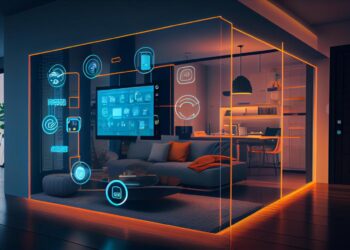In our hyper-connected world, smartphones, smart speakers, and other internet-enabled devices constantly collect staggering amounts of personal data. This 2,500-word exposé reveals the shocking truth about corporate and government surveillance through everyday technology, how they profit from your information, and what you can do to protect yourself.
1. The Surveillance Economy Explained
A. How Data Collection Works
-
Background processes running 24/7 logging your activities
-
Microphones and cameras accessing inputs without indicators
-
Location tracking through GPS, WiFi and Bluetooth signals
B. Who’s Buying Your Data?
-
Advertising networks creating detailed behavioral profiles
-
Insurance companies assessing risk factors
-
Government agencies purchasing data from brokers
C. The Financial Incentives
-
Personal data worth $200-$500 annually per user
-
Data brokerage $240 billion industry growing 12% yearly
-
Free services monetized entirely through surveillance
2. Most Common Spy Devices in Your Home
A. Smartphones: Pocket Surveillance
-
Average phone contacts 2,700+ tracking domains monthly
-
Even when idle, shares location data 14 times hourly
-
Keyboard apps recording everything you type
B. Smart Speakers: Always Listening
-
78% of smart speaker owners unaware of full capabilities
-
Voice recordings stored indefinitely by manufacturers
-
Conversations used to train advertising algorithms
C. Other Risky Connected Devices
-
Smart TVs tracking viewing habits frame-by-frame
-
Fitness devices logging health data sold to insurers
-
Children’s toys with unsecured microphones/cameras
3. Corporate Justifications vs Reality
A. Claim: “Improving User Experience”
-
Reality: Personalization serves targeted ads, not users
-
Dark patterns trick users into sharing more data
B. Claim: “Anonymous Data Collection”
-
Reality: 99% of “anonymized” data easily de-anonymized
-
Location pings create exact movement profiles
C. Claim: “Necessary for Security”
-
Reality: Most data never used for security purposes
-
Creates hacking vulnerabilities instead of protection
4. Government Surveillance Programs
A. Mass Data Collection
-
NSA programs tracking domestic communications
-
Police using smart doorbell footage without warrants
-
Immigration agencies accessing utility usage data
B. China’s Social Credit System
-
Comprehensive monitoring of citizens’ behaviors
-
Travel restrictions based on device usage patterns
-
Private companies required to share surveillance data
C. Emerging Global Trends
-
UK monitoring online messages for “harmful content”
-
EU considering digital identity tracking
-
U.S. schools implementing student activity monitoring
5. Protecting Yourself from Surveillance
A. Device-Level Protection
-
Disable unnecessary permissions
-
Install privacy-focused operating systems
-
Use hardware camera/microphone covers
B. Network Security
-
Set up VPN and encrypted DNS
-
Create separate IoT network
-
Block tracking domains at router level
C. Behavioral Changes
-
Pay for services instead of using “free” options
-
Regularly audit and delete collected data
-
Educate family about digital hygiene
Tags: digital privacy, data collection, corporate surveillance, government spying, smartphone tracking, data brokers, privacy protection, surveillance capitalism, smart device risks, online security














